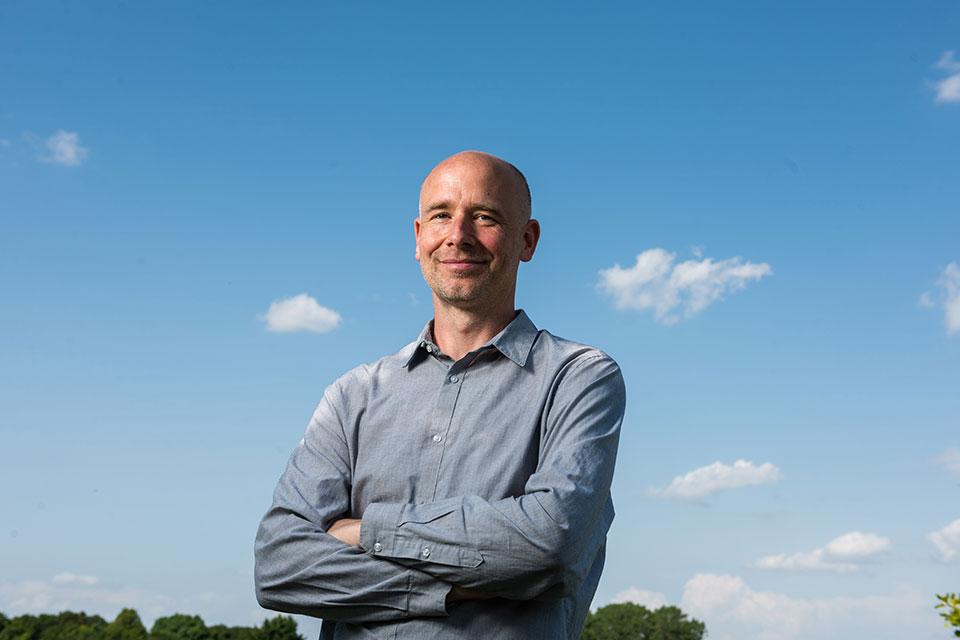Professor Philip Stier has been awarded the Institute of Physics’ Edward Appleton Medal and Prize 2021, and elected as a Fellow of the Institute of Physics in recognition of his personal contribution to the advancement of physics as a discipline and a profession. The Edward Appleton Medal recognises his pioneering research on the role of clouds, aerosols and their interactions in the climate system, through an innovative combination of models, observations and theory.
Professor Stier’s pioneering work has led to significant advances towards the reduction of uncertainties in our understanding of perturbations to the physical climate system. With the development of microphysical aerosol-climate models, he has contributed to a paradigm shift in aerosol-climate modelling, replacing inconsistent bulk formulations by physically-based, self-consistent aerosol representations. Innovatively combining satellite retrievals and models across scales, he has demonstrated the importance of widely-ignored confounding factors in satellite-based assessments of aerosol-cloud interactions – and is developing novel methodologies to overcome these obstacles.
Professor Stier comments: ‘While everyone knows clouds – and many appreciate their beauty – few are aware of their key role in the climate system; so having my research on cloud and climate physics recognised by this prize is a great honour.’
‘Philip’s work is essential to underpin the scientific evidence of climate change and his is an enormously respected voice,’ comments Professor Ian Shipsey, head of the Department of Physics. ‘He is an inspirational educator and remarkable physicist and we are delighted to have him as a colleague in our department. It is fantastic to see his work recognised by the IOP in this way.’
Professor Stier has served the community on the leadership of international research initiatives, including the International Commission on Clouds and Precipitation, the AeroCom inter-comparison project, the Aerosol, Cloud, Precipitation and Climate initiative, and as co-chair of the GEWEX Aerosol Precipitation initiative. He has also served as the convener of the Oxford Climate Research Network and on the advisory board of the Oxford Climate Society, the student society aiming to developing informed climate leaders.
He drives the development of open-source community tools for modelling, analysis and inter-comparison, which are widely used internationally and has made significant contributions to the training of future environmental physicists.

